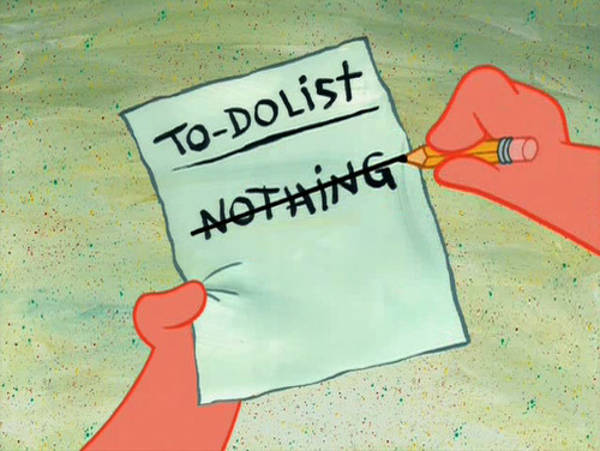Regardless of the awareness in recent years about depression, anxiety, BPD and other mental disorders, there is still a wide misconception about the symptoms of said disorders. Is the laziness and general, apathetic fatigue seizing depression patients their fault or does it come as just one of those side-effects of the disorder? Also, is the depression-caused laziness the same as general laziness?
The answer to the first one is: do you hear yourself? Of course, it is not their fault. Stop being mean to your depressed friends for cancelling plans. They can’t help it.
To the second: No, they aren’t the same! Whereas general laziness is a choice and often a luxury, the second is a symptom of a deep-seated problem that needs medical help, not reproach and ridicule.
The Difference between Laziness and Depression
Some of the more common and visible signs of depression are general fatigue, disinterest in day-to-day activities, loss of appetite and general chaos when it comes to your biological clock.
On the outside, depression patients look overly bed-ragged and sluggish; and there is a high chance that you will just assume that they are lazy or intentionally excessively sloppy.
But the case is not so. You are probably looking at symptoms they cannot resist and mistaking it for intentional sloth.
The difference is that depressed people DO NOT WANT TO feel that way. It is not a choice for them, whereas, when you or anyone else take a day off to do things they like, it is a choice they consciously make.
Moreover, depressed people also face immense levels of self-hatred, guilt, and anxiety besides the laziness.
The American Psychiatric Association states that bouts of laziness lasting more than two weeks can be a marker of depression.
Now, if you are having bouts of laziness for long periods of time, a number of factors including depression might be the
cause for them. It can also be caused by an unhealthy diet and an unhealthy lifestyle.
But there is no harm in getting it checked by a trained therapist.
The Patient Health Questionnaire is an important online resource if you feel like researching a little about your own mental health. A preliminary self-diagnosis can go a long way when it comes to being healthier mentally.
Recognition and not being ashamed of it are two of the first and most important steps toward better mental health. And remember, if you see some of your friends walking that confusing and thin line between laziness and depression, do not shame them. It doesn’t help. Instead, help them understand their condition if it indeed seems like depression.
In case you are wondering, here is a modified test with conclusions:
Assign numbers as you answer the following questions, according to this table:
0- Never
1- Few Days
2- More than half of the time
3- Almost always
Questions:
1. Do you feel uninterested in doing things that give you pleasure?
2. Do you feel un-quantifiably sad, hopeless, and down?
3. Do you oversleep/do not sleep at all?
4. Do you feel absolutely drained of all energy?
5. Do you have trouble eating/have a low appetite?
6. Do you feel that you are letting yourself and others down?
7. Do you have issues concentrating on things?
8. Are you sluggish enough for others to notice?
9. Have you considered hurting yourself physically?
Now add up your answers, and interpret your condition based on the following scale:
0-4: none to minimal depression
5-9: Mild
10-14: Moderate
15-19: Moderate to severe depression
19-24: Severe depression
Whatever the conclusion you reach, be strong and seek the help you need. There is no shame in it.












